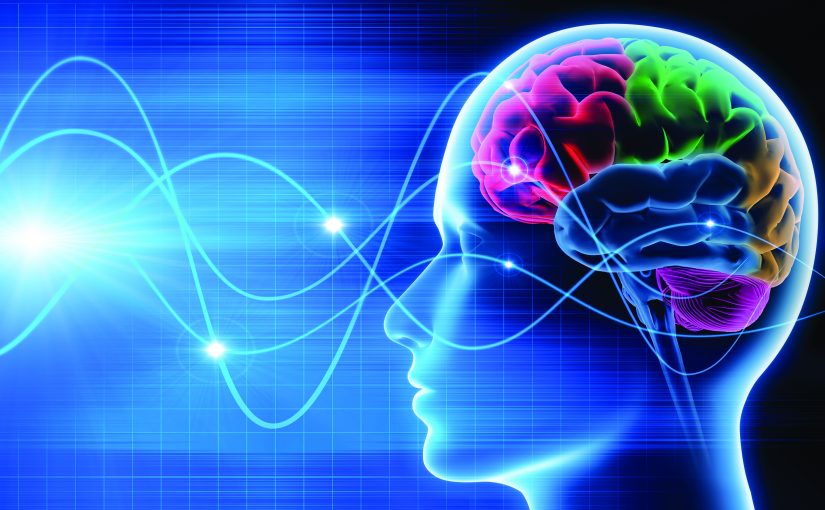
Experiential learning in life is an asset that needs recognition as a vital part of training in individuals’ resilience to stress. Similar to the characters in a computer game where experiences result in a gain or loss of life force, people’s experiences create adaptive behaviors that can be both useful and potentially dangerous. Due to the coherent nature of self, life experiences of stress and anxiety can be applied to develop resilience to predictable stress. This is a human way of using stress as a tool to prevent more intense and deregulating symptoms of anxiety.
The stigma of clinical psychology is often a deterrent for most people who do not want a mental health diagnosis of their personal lives that might influence professional evaluations and duties.1 Correspondingly, organizational wellness programs have indicated that personnel are more willing to participate in medically oriented evaluations with a focus on prevention such as weight loss and smoking cessation. Additionally, in 2013, Thomas Insel, as director of the National Institutes of Health, changed regulations for research from the standard DSM diagnosis approach toward science-based treatments because clients “deserve better.” With a non-diagnostic stress reduction program in place, police psychologists and medical personnel can concentrate on treatment of more symptomatic individuals.


